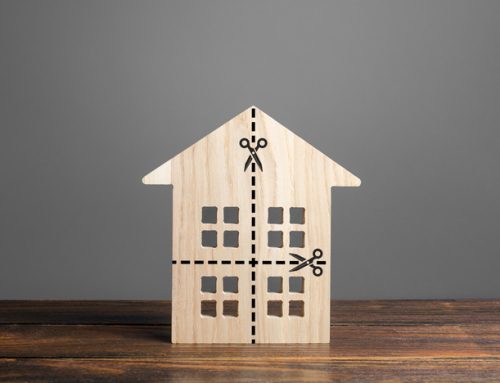Car accidents are always stressful—but in a city like Denver, with its unpredictable weather, growing population, and busy highways, the aftermath can feel even more overwhelming. Whether you’re dealing with a minor fender bender in Capitol Hill or a serious collision on I‑25, knowing what to do immediately after a crash can protect both your health and your legal rights.
This guide will walk you through the essential steps to take after a car accident in Denver, Colorado, and when it might be time to consult a local accident attorney.
Step 1: Check for Injuries and Call 911
The first priority after any accident is safety. If you or anyone involved is injured, call 911 immediately. Even if injuries aren’t visible, it’s important to have paramedics assess the situation.
In Colorado, you are legally required to report any accident that results in injury, death, or significant property damage. Not reporting a crash could result in criminal penalties, per the Colorado Revised Statutes § 42-4-1606.
Additionally, police presence helps create an official accident report—which can be essential evidence for insurance claims and legal proceedings.
Step 2: Move to Safety and Exchange Information
If the vehicles are blocking traffic and can be moved, relocate to the side of the road. Then exchange the following with the other driver:
-
Name and contact information
-
Driver’s license number
-
License plate number
-
Insurance company and policy number
Be courteous, but never admit fault at the scene—even casually. Liability isn’t always clear right away, and statements made in the moment can hurt your claim later.
Step 3: Document the Scene Thoroughly
Before you leave the accident site, gather as much documentation as possible:
-
Take clear photos of vehicle damage, license plates, injuries, skid marks, traffic signs, and weather conditions
-
Record the date, time, and exact location of the crash
-
Get contact info from witnesses
According to the Insurance Information Institute, having photographic evidence and witness accounts is one of the best ways to strengthen a personal injury or insurance claim.
Step 4: Seek Medical Attention Promptly
Even if you feel fine, see a doctor within 24–48 hours of the crash. Injuries like whiplash, concussions, or soft tissue damage may not show symptoms immediately.
A delay in seeking treatment may be used by insurance companies to argue that your injuries aren’t serious or weren’t caused by the accident. According to the Mayo Clinic, symptoms from neck injuries can take hours or days to appear.
Step 5: Report the Accident to Your Insurance Provider
Colorado is an at-fault insurance state, meaning the driver responsible for the accident must pay for damages. Notify your insurance provider promptly, but be careful with your words. Provide basic facts only—avoid admitting fault or speculating about the other driver’s actions.
Keep in mind that insurance adjusters are not on your side. Their job is to minimize payouts. The Colorado Division of Insurance outlines consumer protections, but having a legal advocate can make all the difference.
Step 6: When to Contact a Denver Accident Attorney
Some car accidents can be resolved through insurance alone. But when injuries are involved—or liability is contested—it’s wise to speak with an attorney as soon as possible. Colorado’s statute of limitations for personal injury claims is typically three years, but the sooner you act, the better your chances of gathering strong evidence and negotiating a fair settlement.
An experienced lawyer can help:
-
Investigate the accident
-
Handle communication with insurers
-
Calculate damages (medical bills, lost wages, pain and suffering)
-
Negotiate a settlement or take your case to court
If you’ve been hurt in a crash, don’t leave your case to chance. A trusted Denver accident attorney can provide guidance and protect your rights throughout the claims process.
Protect Yourself After a Denver Crash
Denver’s roads can be unpredictable—but your response to a car accident doesn’t have to be. By staying calm, documenting everything, and seeking both medical and legal help, you’ll be in the best possible position to recover physically, emotionally, and financially.





Leave A Comment